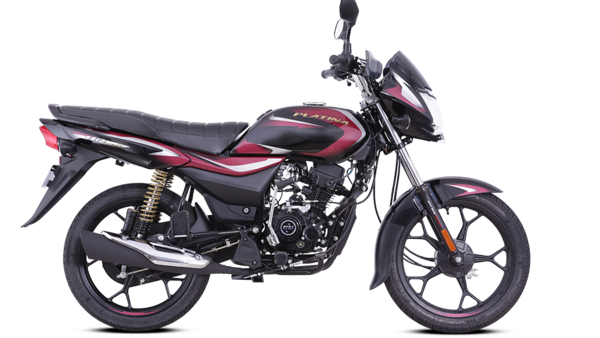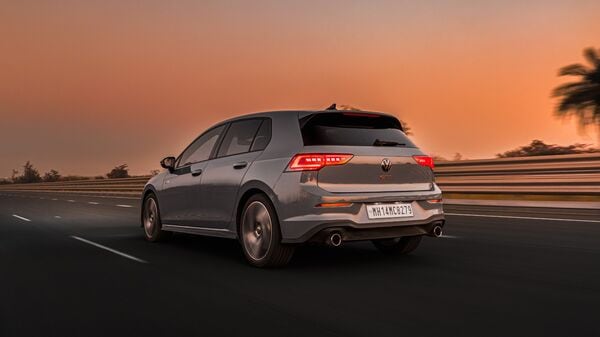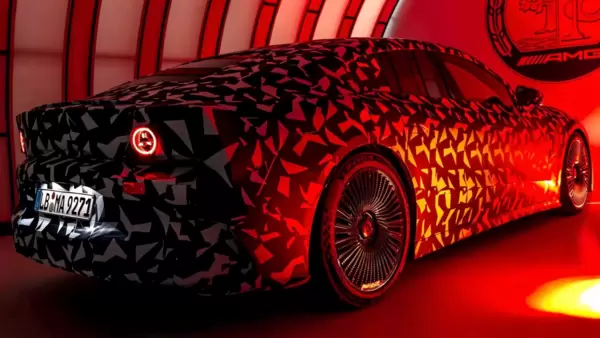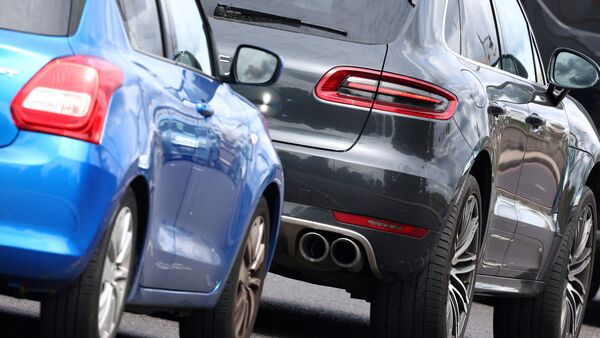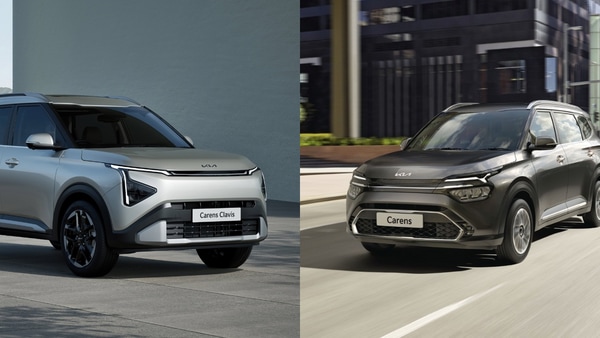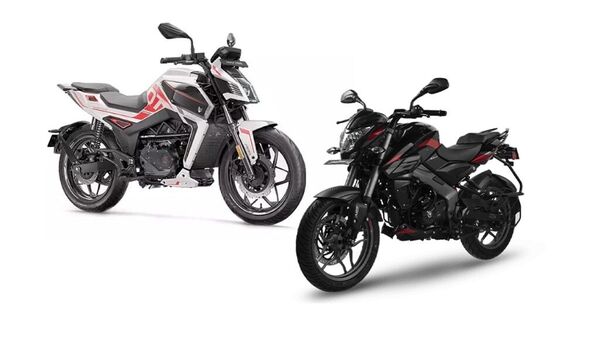
Confused between electric bikes vs petrol motorcycles? Which one will be right choice
6 months ago | 5 Views
The Indian motorcycle market is one of the biggest in the world. Over the last couple of years, increased preference for personal mobility has propelled the growth of the two-wheeler market in the country multi-fold. Buoyed by the penetration of electric two-wheelers, the segment has been witnessing a multi-dimensional evolution over the last few years.
While the consumers' openness towards electric two-wheelers has grown significantly over the last few years owing to various factors like significantly low cost of ownership over the entire lifespan of EVs, sky-high petrol price etc., there are still many buyers who feel sceptic about battery-propelled electric scooters or electric motorcycles. They still lean towards the conventional petrol-powered two-wheelers. This is especially due to the lack of public charging infrastructure, elongated replenishment time for EVs compared to their ICE counterparts, and lack of knowledge and use-case scenarios of EV lifespan and resale value etc.
In a nutshell, for many motorcycle buyers, it is a great dilemma to clear the confusion between an electric motorcycle and a petrol motorcycle. Here is a quick look at the major differences between petrol motorcycles and electric motorcycles.
Electric motorcycle vs petrol motorcycle: Upfront cost
Electric motorcycles often cost pretty high compared to their petrol counterparts. While a commuter petrol motorcycle with an engine capacity of 160 cc costs around 1.20 lakh (ex-showroom), an equivalent electric motorcycle costs significantly more. This is a major deciding factor for many buyers as they don't always calculate the overall probable cost of ownership of the vehicle before purchasing.
Electric motorcycle vs petrol motorcycle: Cost of ownership
The cost of ownership of any vehicle depends upon multiple factors, including the sticker price of the vehicle. The daily running costs and maintenance costs of the vehicle are among the key factors taken into account when the cost of ownership is calculated. This is where the electric motorcycles beat their ICE counterparts. The electric motorcycles may cost significantly more than their petrol-powered counterparts, but the low maintenance costs and significantly lower fuel replenishment costs widen the gap giving the EVs an edge.
Suggested watch: How to maximise electric scooter's efficiency
Electric motorcycle vs petrol motorcycle: Range and charging
Range anxiety with electric vehicles is real. No matter how many kilometres an electric motorcycle promises, deep down in the mind of the rider, range anxiety plays a key role. Just like rough roads, bad riding behaviour, and high load impact the fuel efficiency of a petrol-powered motorcycle, these factors reduce the range of an electric motorcycle. Saviour for petrol motorcycles are the numerous refuelling stations available here and there, but for electric motorcycles, the availability of public EV charging stations is not always easy. Also, making things a bit tougher for the electric motorcycles in this case is the fact that charging a battery takes significantly longer time than refuelling a motorcycle's petrol tank.
Electric motorcycle vs petrol motorcycle: Maintenance
The maintenance and upkeep work is a crucial factor in defining the overall cost of ownership for any vehicle. Petrol motorcycles require regular servicing and maintenance. Being equipped with plenty of intricate mechanical components, petrol motorcycles are subject to higher wear and tear than their EV counterparts. These maintenance costs for petrol motorcycles are significantly higher than the electric motorcycles' upkeep work, as the latter ones come with fewer moving parts, demanding less cost of maintenance.
Read Also: Suzuki Hayabusa recalled in India for front brake issues, 1,056 units affected
HOW DID YOU LIKE THIS ARTICLE? CHOOSE YOUR EMOTICON !
#

